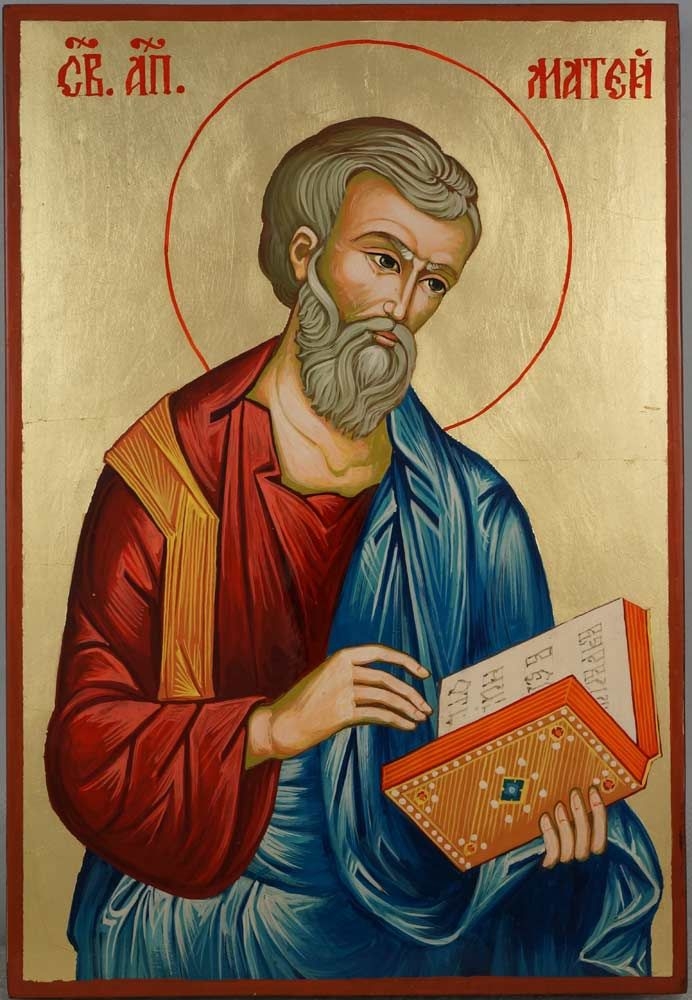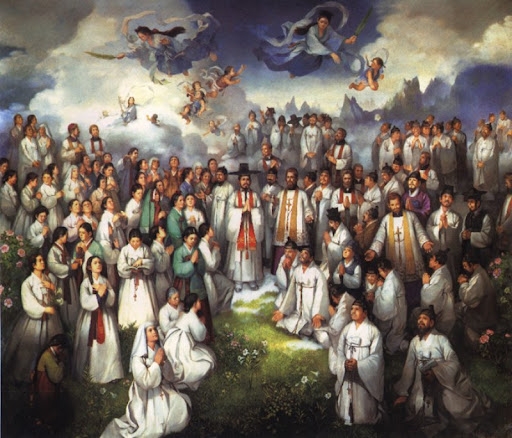These reflections are a result of more than 40 years of ministry as a Roman Catholic priest. Most of these years I spent in the Diocese of Charlotte which covers Western North Carolina. Now I am retired, and live in Medellín, Colombia where I continue to serve as a priest in the Archdiocese of Medellín.

But now take courage, Zerubbabel, says the LORD, and take courage, Joshua, high priest, son of Jehozadak,
And take courage, all you people of the land, says the LORD, and work!
For I am with you, says the LORD of hosts. This is the pact that I made with you when you came out of Egypt,
And my spirit continues in your midst; do not fear! (Haggai 2:1-9)
Take courage, work, I am with you, don’t be afraid. Powerful words from the Prophet Haggai, words for God’s people in every age, words for us today in this time of the politics of division. For there’s work to be done: to care for the sick and the imprisoned, to welcome immigrants, to give people hope, to build a world of justice where everyone can find a place at the table of the human family. Today is the feast of our Lady of Mercy, the feast of the Sisters of Mercy.

Now thus says the LORD of hosts:
Consider your ways!
You have sown much, but have brought in little;
you have eaten, but have not been satisfied;
You have drunk, but have not been exhilarated;
have clothed yourselves, but not been warmed;
And whoever earned wages
earned them for a bag with holes in it. (Haggai 1:1-8)
Our riches are like the “bag with holes in it.” We end up cold, unsatisfied and not much to show for all our so-called wealth. The saints point the way to store up treasure in heaven, by living “no longer for ourselves, but for him who died and rose again for us” (Eucharistic Prayer IV).

Jesus summoned the Twelve and gave them power and authority over all demons and to cure diseases,
and he sent them to proclaim the Kingdom of God and to heal the sick . . . Then they set out and went from village to village
proclaiming the good news and curing diseases everywhere. (Lk 9:1-6)
Like the Twelve, we are called to be missionary disciples. Today is the feast of Saint Maurice and his companion martyrs.

As Jesus passed by, he saw a man named Matthew sitting at the customs post.
He said to him, “Follow me.” And he got up and followed him.
While he was at table in his house, many tax collectors and sinners came
and sat with Jesus and his disciples. The Pharisees saw this and said to his disciples,
“Why does your teacher eat with tax collectors and sinners?”
He heard this and said, “Those who are well do not need a physician, but the sick do.
Go and learn the meaning of the words, “I desire mercy, not sacrifice.”
I did not come to call the righteous but sinners.” (Mt 9:9-13)
The Call of Matthew gives hope to all of us, especially when Jesus sits at table in Matthew’s home with the tax collectors and sinners. The eating and drinking with sinners is probably the oldest memory the church has of the Eucharist. The good news is that Jesus still invites us to sit at his table. As Pope Francis recently said, he has never refused communion to anyone. Neither has the Lord.

Jesus said to the crowd:
“No one who lights a lamp conceals it with a vessel
or sets it under a bed;
rather, he places it on a lampstand
so that those who enter may see the light. (Lk 8:16-18)
We celebrate today the first martyrs of Korea. Andrew Kim Taegōn was the first native born Korean priest. He was martyred at age 25. Paul Chōng Ha-sang was a catechist. He wrote the first catechism in Korean and was 45 when he gave his life for Christ. There were 103 Korean martyrs canonized together. It is estimated that in the 1800’s between 8,000 to 10,000 were killed for their faith. May their light continue to shine on Korea and the whole world!



